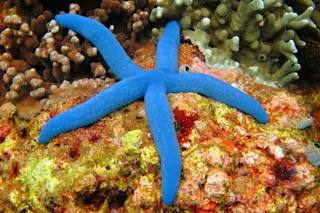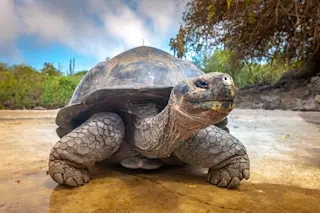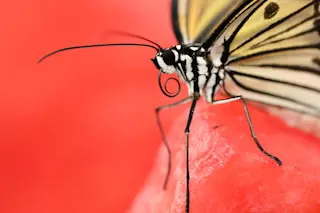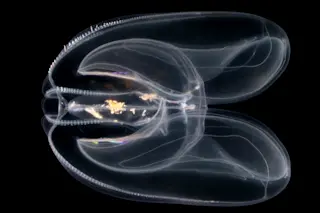The always informative Ann Gibbons has a piece in Slate, The Neanderthal in My Family Tree. There is almost nothing new for regular readers of this weblog, but it's rather awesome that Slate is now publishing stuff like this. Many people are simply unaware of the new paleogenomics. Case in point, a good friend who has a doctorate in chemical physics, and was totally unaware a year after the seminal Science paper on Neandertal admixture of the likelihood of Neandertal admixture! Nevertheless, I think it is important for me to be repetitive and highlight a disagreement I have with the Gibbons' piece. She says:
...But the differences in the genomes of Denisovans, Neanderthals, and modern humans are also revealing the genetic traits that set us apart from them—the traits that made us human. “I've been comparing it to the pictures of Earth that came back from Apollo 8. The Neanderthal ...













